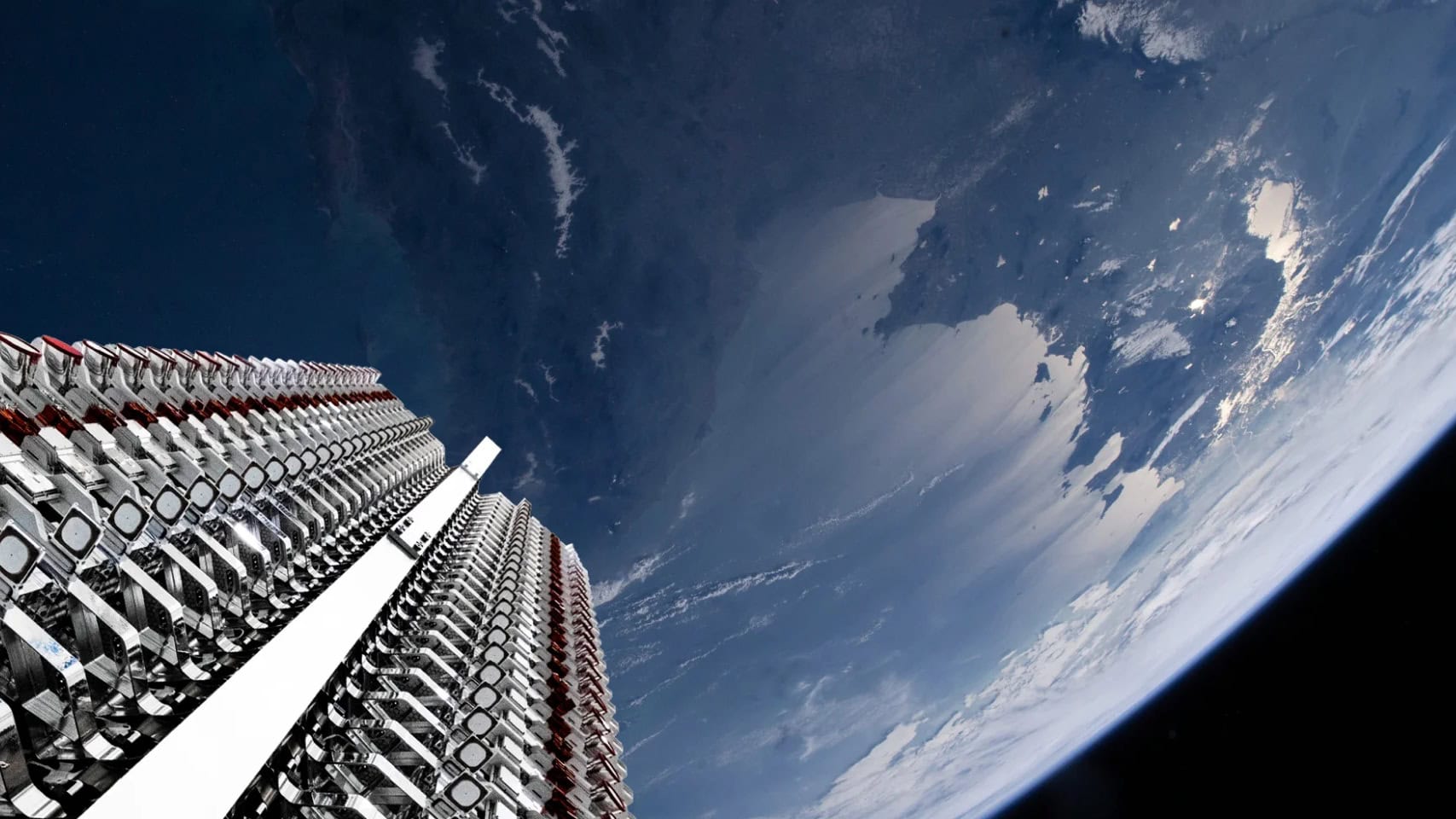Apple’s move to build satellite connectivity into the iPhone reportedly faces pushback from Elon Musk, owner of the rival Starlink satellite service.
Competition between similar services is nothing unusual, but the twist here is that Musk is the world’s richest man by a wide margin and has become extraordinarily powerful in President Donald Trump’s administration, to the point where some critics call him an unelected co-president. He’ll be a tough foe for Apple.
Apple and Globalstar vs. Elon Musk and Starlink
Emergency SOS via satellite, which debuted with the iPhone 14, saves the lives of people with no other way to communicate, like lost hikers. iOS 18 added Messages via satellite, which lets users of recent iPhone models keep in touch with family and friends when they’re out of range of a cell tower in non-emergency situations. Apple pays Globalstar to provide the satellites needed for the iPhone’s Messages via satellite service.
Rival Starlink is a service of Musk’s rocket company, SpaceX, that’s designed to provide internet access, especially to remote and underserved areas.
On Sunday, The Wall Street Journal reported:
“To build capacity, the companies are competing for valuable spectrum rights — airwaves to carry their signals — which are in limited supply. Apple’s outer-space investments have drawn Musk’s ire, people familiar with the matter said. SpaceX has pushed federal regulators to stall an Apple-funded satellite expansion effort.”
The two companies cooperated earlier this year to bring Starlink network support to iPhones on T-Mobile’s network.
And Apple might need SpaceX and Starlink in the future to expand iPhone satellite communications. “SpaceX, through its Starlink operation, has access to far more satellites than Apple, and industry leaders believe Globalstar alone won’t be able to satisfy the iPhone maker’s needs,” said the WSJ.
By using his political clout to block Apple’s access to wireless spectrum, Musk’s plan may be to force Apple to come to him if it wants satellite connectivity.


